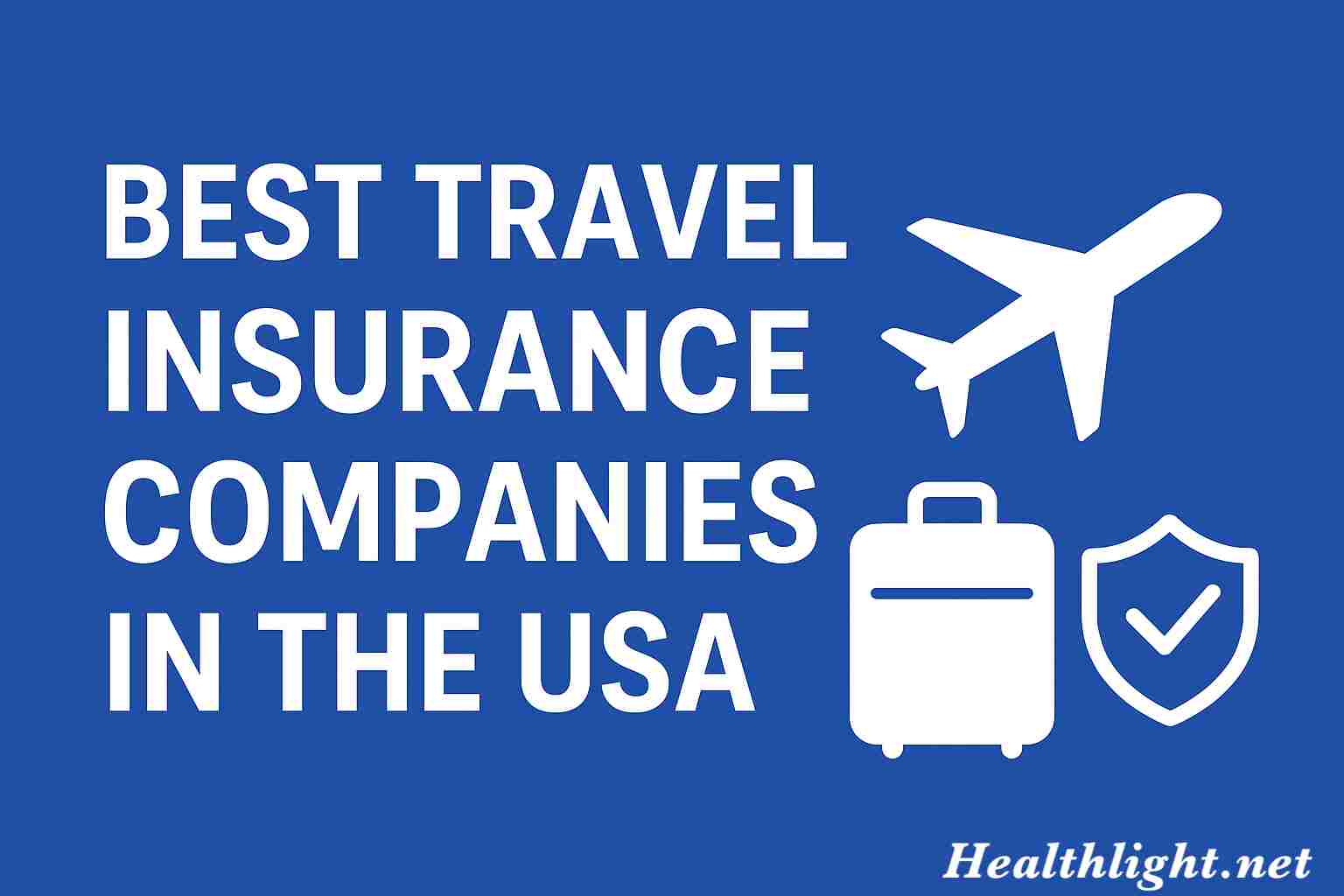Anyone living or working in the Netherlands has to take out basic health insurance. This insurance plan provides cover for essential healthcare treatments, such as general hospital care, emergency care, and GP visits. Netherlands Health Insurance is mandatory for all residents and expats, ensuring access to high-quality healthcare through a regulated system. The basic plan covers core services, with options to add supplementary insurance for dental, vision, and physiotherapy needs.
How Health Insurance Works in the Netherlands?
Is Health Insurance Mandatory?
Yes Everyone who lives or works in the Netherlands must take out basisverzekering (basic health insurance) within 4 months of registering at their local municipality.
- Failing to register may result in fines.
- The government can even assign you an insurer automatically if you don’t choose one in time.
What Does the Basic Insurance Cover?
The standard basic package is the same across all insurers and covers:
- General practitioner (GP) visits.
- Hospital treatment & surgeries.
- Prescribed medication.
- Ambulance services.
- Maternity & newborn care (kraamzorg).
- Mental healthcare treatments.
- Emergency medical care abroad (with EHIC card).
- Dental care for children up to 18.
Costs: Premiums & Deductible:
- Monthly premium (2025): €130 – €180 (average ~€159).
- Annual deductible (Eigen Risico): €385 per year.
- You must pay this before insurance covers most treatments.
- GP visits, maternity care, and children’s healthcare are exempt.
Supplementary (Aanvullende) Insurance:
If you want more coverage, you can add optional packages, which vary by provider:
- Adult dental treatment.
- Physiotherapy sessions.
- Glasses, lenses & orthodontics.
- Alternative medicine (e.g., acupuncture).
Insurers may accept or reject you for supplementary insurance based on your health history.
How Healthcare Is Funded?
The Dutch healthcare system is based on regulated competition:
- All insurers must accept you for the basic plan at the same rate.
- Funding comes from:
- 45% monthly premiums .
- 50% employer contributions.
- 5% government funding Zorgtoeslag (healthcare allowance).
- If your income is low, you may qualify for government financial support to pay your monthly premium.
How to Register & Get Insurance?
- Register at your gemeente (municipality).
- Receive your BSN (Citizen Service Number).
- Choose a health insurer (use comparison sites like Zorgwijzer, Independer, ZorgKiezer).
- Sign up within 4 months of arrival.
- Switch insurers once a year (before January 1st).
Special Care & Long-Term Coverage:
- Long-term care (Wlz): For chronic illness, disability, or continuous healthcare needs.
- Postnatal & maternity care (Kraamzorg): Included in the basic package, with only small personal contributions.
Final Thoughts:
The Netherlands health insurance system ensures universal access to high-quality healthcare. While the basic plan covers essential medical services, many residents choose supplementary insurance for dental, vision, or physiotherapy care.
If you’re moving to the Netherlands, remember to:
- Register at your local gemeente.
- Take out health insurance within 4 months.
- Consider supplementary packages if needed.
- Apply for zorgtoeslag if eligible.
- This way, you’ll be fully covered and avoid fines while enjoying one of the best healthcare systems in Europe.










